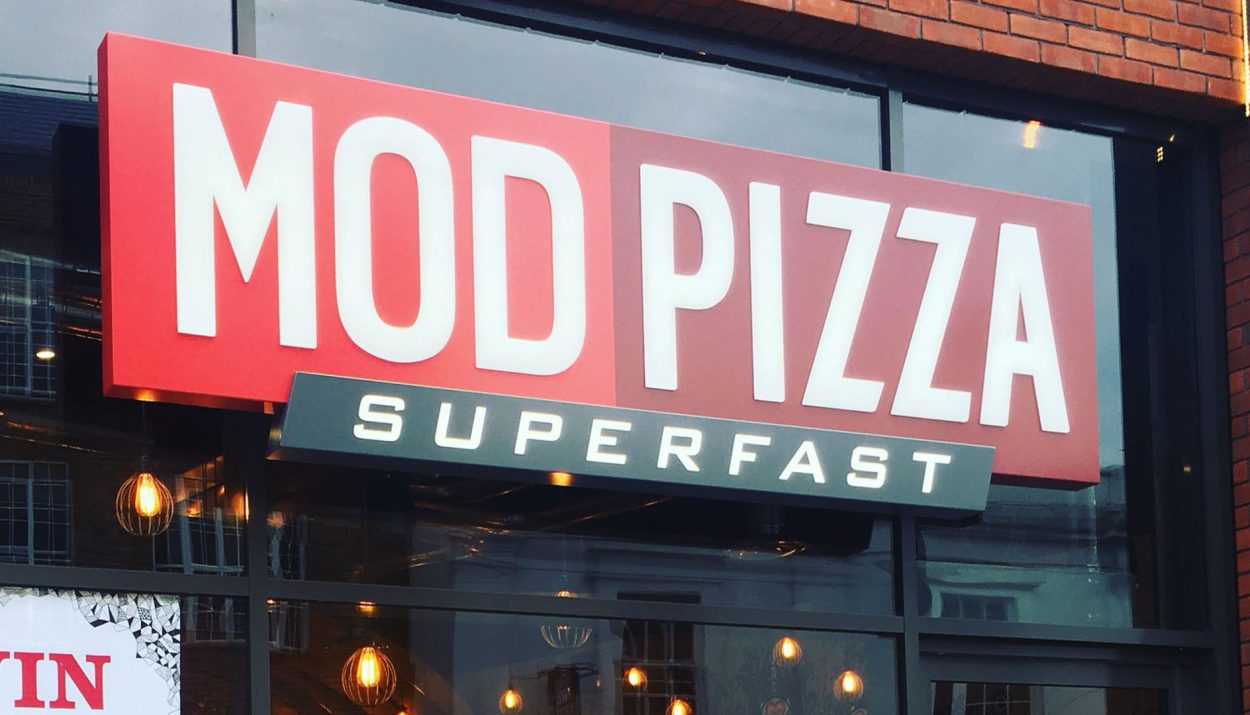In a surprising move, Mod Pizza shuttered five of its California locations just weeks before the state’s new minimum wage law for fast food workers took effect. The closures have left employees and customers wondering about the reasons behind the decision and the potential impact on the fast food industry in California.
Mod Pizza Closes Five California Shops
Mod Pizza, a nationwide chain with over 500 locations, abruptly closed five of its California shops at the end of March, according to local Fox affiliate KMPH. The closures were part of a larger nationwide reduction of over two dozen locations. While the company did not provide a specific reason, employees suspect the timing was related to the new minimum wage law.

An anonymous Mod Pizza employee from the Clovis location told KMPH, “It just kind of seemed like the right timing, two weeks before all of the fast food locations in California got that increase that we closed.” The sudden closures have left many employees without jobs and customers without their favorite pizza spots.
California’s New Minimum Wage Law for Fast Food Workers
On April 1, a new legislation took effect in California, increasing the minimum wage for restaurants with at least 60 locations nationwide from $16 to $20 per hour. This equates to an annual salary of $41,600 for fast-food workers. The law does not apply to restaurants that make and sell their bread.
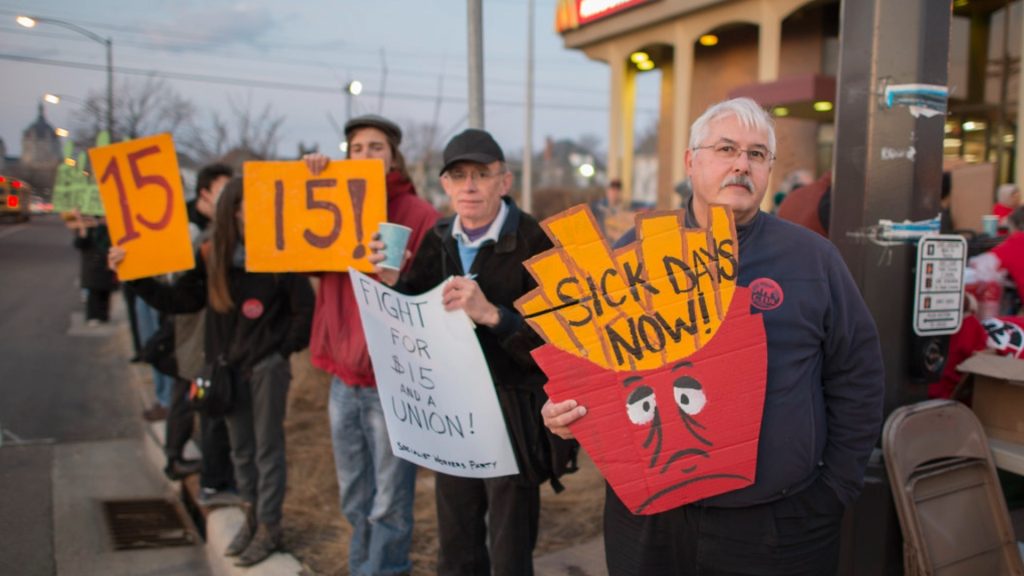
The median fast-food worker in the U.S. earned $13.43 an hour in 2022, while those in California made an average of $16.60 an hour, according to the Bureau of Labor Statistics. The new law aims to improve the quality of life for fast food workers, but it has also raised concerns about the potential impact on businesses.
Fast Food Restaurants Cutting Jobs to Mitigate Financial Impact
Several eateries in California have begun to cut jobs to get ahead of the possible financial repercussions of the minimum wage hike. Fosters Freeze, another fast food joint in the state, closed its doors permanently as a result of the legislation.
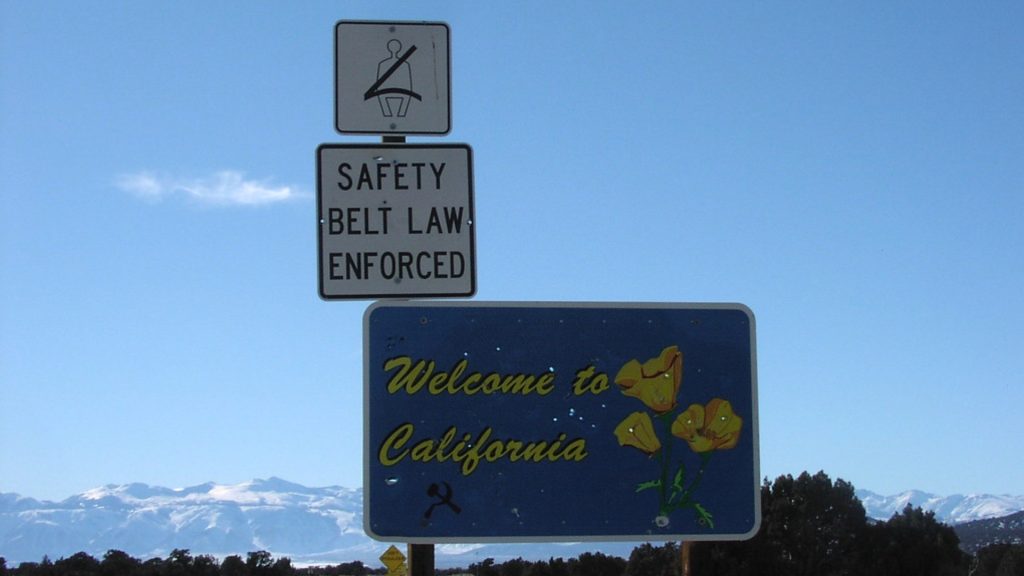
Monica Navarro, former assistant general manager at Fosters Freeze in Lemoore, found out the restaurant owner had closed the doors for good when she arrived at work. The owner, Loren Wright, told KMPH that this was the “last thing” they wanted to do, but they knew the business would likely not be able to absorb the wage hike.
Pizza Hut Franchisee Lays Off Long-Time Employee
Michael Ojeda, a 29-year-old Pizza Hut driver in Ontario, California, received a notice from Pizza Hut franchisee Southern California Pizza in December informing him that his last day of work would be in February. Ojeda had worked for Pizza Hut for nearly a decade and was shocked by the sudden layoff.
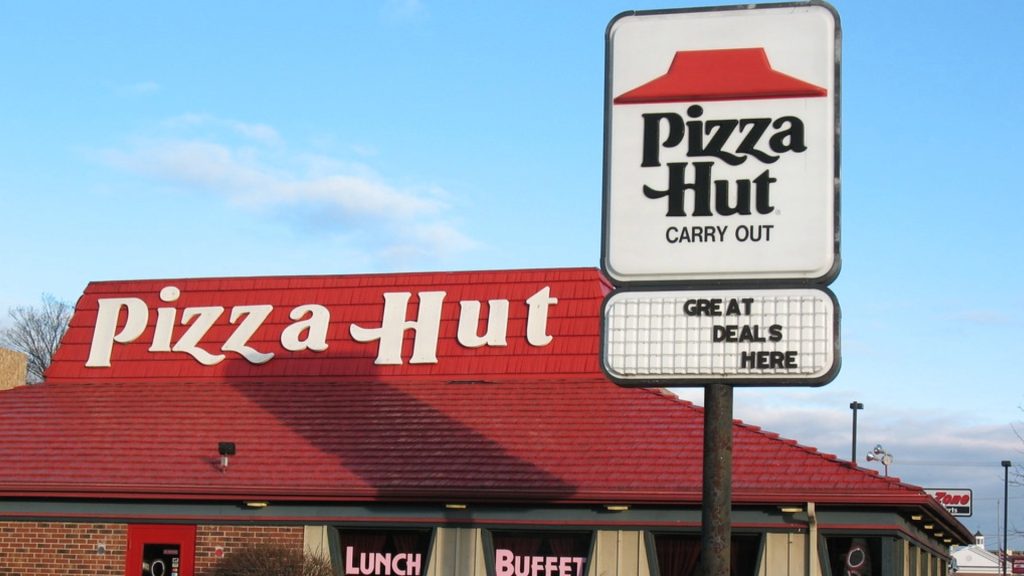
“Pizza Hut was my career for nearly a decade and with little to no notice it was taken away,” said Ojeda. The layoff of long-time employees like Ojeda has raised concerns about the job security of fast food workers in the face of the minimum wage increase.
Fast Food Industry Grapples with Minimum Wage Hike
As the fast food industry in California adjusts to the new minimum wage law, many restaurants are facing tough decisions about how to maintain profitability while complying with the increased labor costs. Some businesses are considering raising prices, reducing hours, or cutting staff to offset the financial impact.
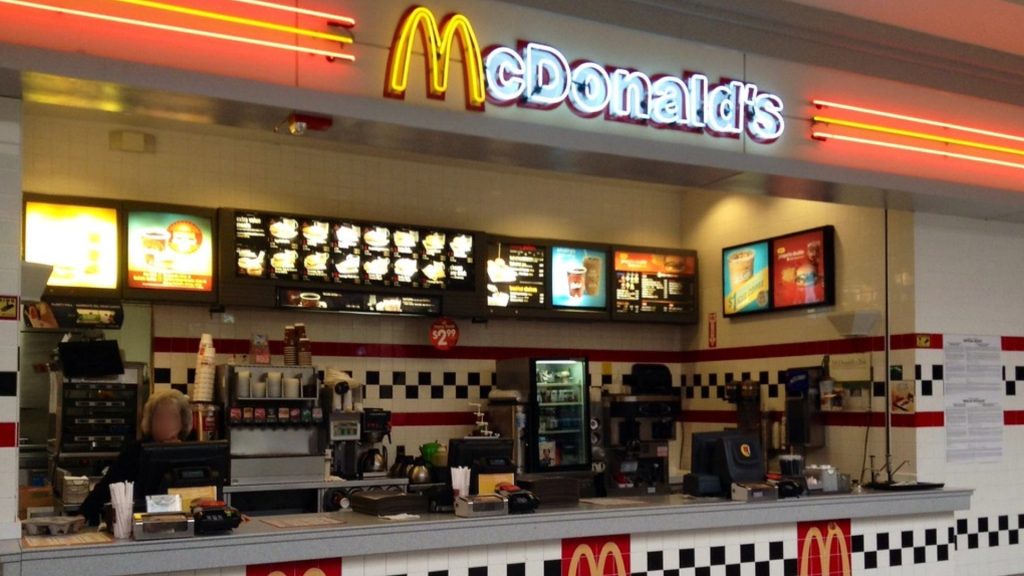
Industry experts predict that the minimum wage hike could lead to further consolidation in the fast food sector, with larger chains better equipped to absorb the increased costs than smaller, independent operators. The long-term effects of the law on the industry and its workers remain to be seen.
Advocates Argue for Living Wage, Critics Warn of Job Losses
Proponents of the minimum wage increase argue that it is necessary to provide fast food workers with a living wage and improve their quality of life. They point to the high cost of living in California and the challenges faced by many workers in making ends meet on low wages.
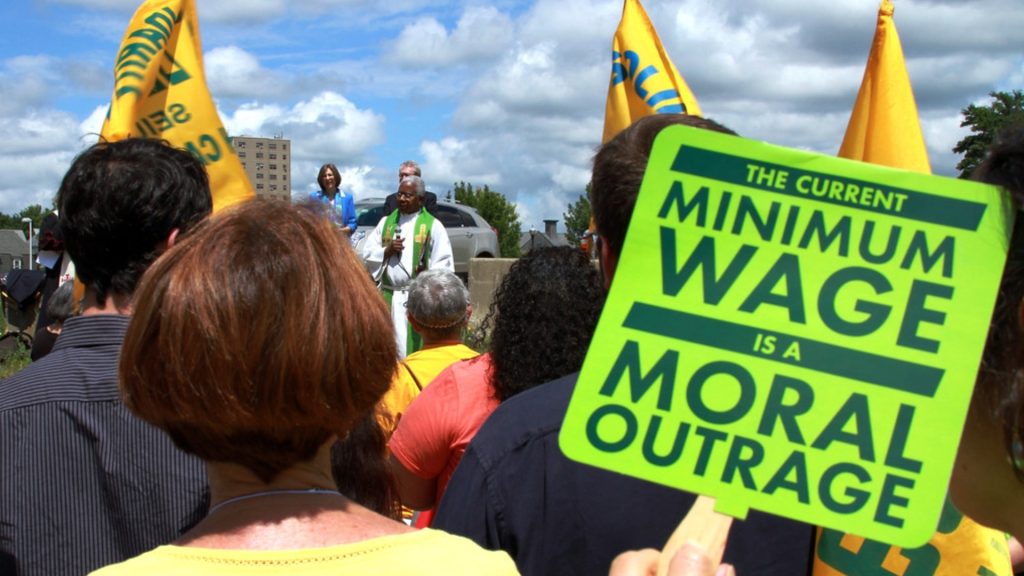
Critics of the law, however, warn that it could lead to significant job losses in the fast-food industry as businesses struggle to adapt to the increased labor costs. They argue that the law could ultimately hurt the very workers it is intended to help by reducing employment opportunities.
Other States Consider Similar Minimum Wage Laws
California’s minimum wage law for fast food workers has sparked a national conversation about fair pay in the industry. Several other states, including New York and Illinois, are considering similar legislation to raise wages for fast-food workers.

As more states explore the possibility of increasing the minimum wage for fast food workers, the debate over the potential benefits and drawbacks of such laws is likely to intensify. Policymakers will need to carefully weigh the competing interests of workers, businesses, and consumers in crafting effective and sustainable wage policies.
Fast Food Chains Explore Automation to Offset Labor Costs
Some fast food chains are exploring the use of automation and technology to offset the increased labor costs associated with minimum wage hikes. McDonald’s, for example, has been testing self-ordering kiosks and mobile ordering apps to reduce the need for human cashiers.
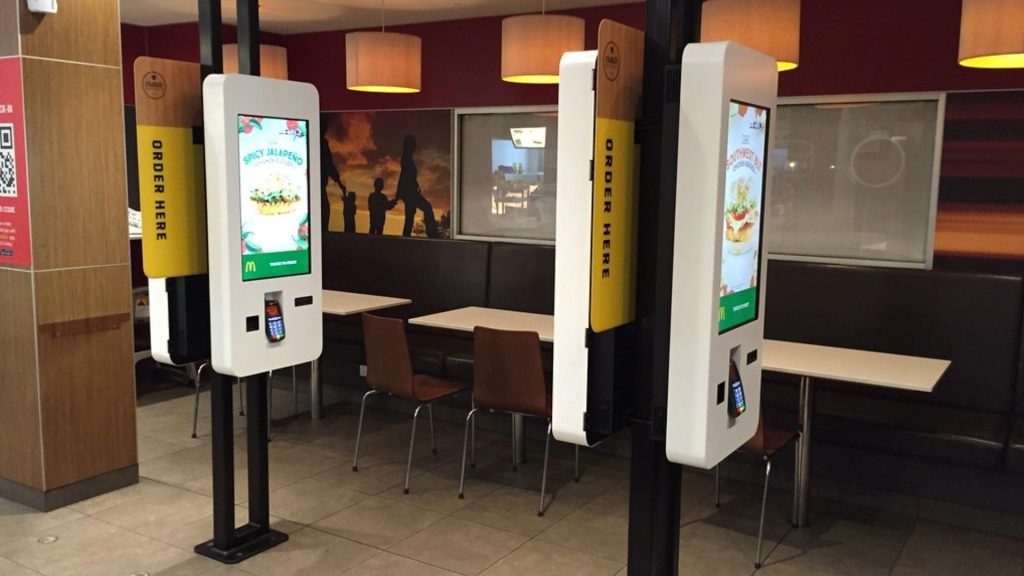
While automation has the potential to improve efficiency and reduce labor costs, it also raises concerns about job displacement and the future of work in the fast food industry. As minimum wage laws continue to evolve, businesses will need to find innovative ways to balance the needs of their workers and their bottom lines.
Impact on Small Business Owners and Franchisees
The minimum wage increase for fast food workers in California has raised particular concerns among small business owners and franchisees, who may have less financial flexibility to absorb the increased labor costs than larger corporate chains.
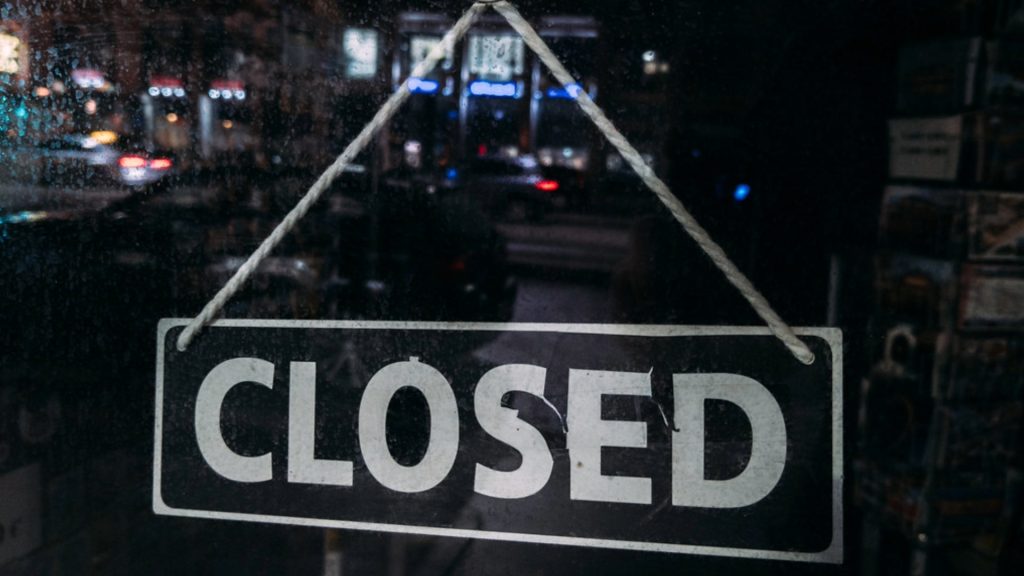
Some franchisees have expressed frustration with the law, arguing that it unfairly targets their businesses and could force them to close or cut jobs. Others have called for more support from corporate franchisors in navigating the challenges posed by the minimum wage hike.
Fast Food Workers Share Their Stories
As the debate over minimum wage laws continues, fast food workers themselves are sharing their stories and perspectives on the challenges of working in the industry. Many workers describe struggling to make ends meet on low wages, even while working long hours and multiple jobs.

“I love my job, but it’s hard to support my family on what I make,” said Maria Hernandez, a 32-year-old fast food worker in Los Angeles. “I hope the new minimum wage law will help me provide a better life for my kids.”
Economic Impact of Minimum Wage Hikes on Local Communities
The minimum wage increase for fast food workers in California is likely to have ripple effects throughout local economies, as workers with higher incomes have more spending power to support local businesses and services.

Some economists predict that the increased wages could stimulate economic growth and job creation in other sectors, as fast food workers spend their additional earnings on goods and services in their communities. Others caution that the net economic impact will depend on the extent to which businesses can absorb the increased labor costs without cutting jobs or raising prices.
Fast Food Industry Adapts to Changing Consumer Preferences
As the fast food industry grapples with the challenges of minimum wage hikes and changing labor laws, it is also facing evolving consumer preferences and demands. Many consumers are seeking healthier, more sustainable, and ethically sourced food options, forcing fast food chains to adapt their menus and business practices.

Some fast food chains are responding to these trends by introducing plant-based and organic menu items, sourcing ingredients from local and sustainable suppliers, and investing in eco-friendly packaging and waste reduction initiatives. As the industry continues to evolve, successful fast-food businesses will need to balance the needs of their workers, customers, and the planet.
The Future of Fast Food in California and Beyond
The closure of Mod Pizza locations in California and the broader impact of the state’s minimum wage law for fast food workers have raised important questions about the future of the industry and its role in the economy and society.
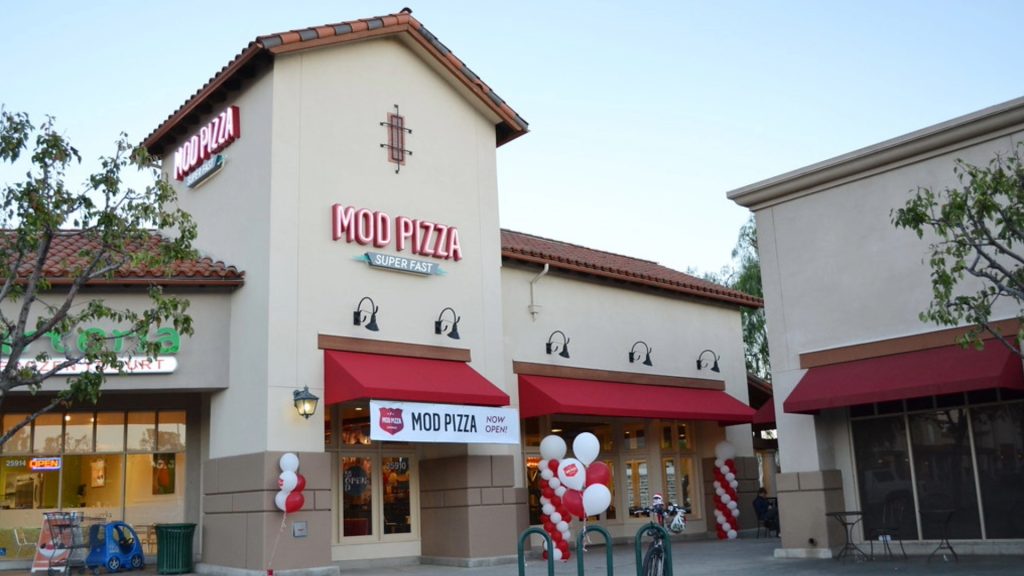
As policymakers, businesses, and workers navigate the complex landscape of labor laws, economic pressures, and social expectations, the fast food industry will continue to be a key battleground in the fight for fair wages, good jobs, and a more equitable and sustainable future.
The Tipping Point for Fast Food in California
The closure of Mod Pizza locations in California and the implementation of the state’s new minimum wage law for fast food workers represent a tipping point for the industry, with far-reaching implications for businesses, workers, and communities across the state and beyond.

As the debate over fair wages and the future of work in the fast-food industry continues to unfold, it is clear that the decisions made by policymakers, businesses, and workers today will have a profound impact on the lives and livelihoods of millions of people for years to come. The challenge lies in finding a balance that supports the needs and aspirations of all stakeholders while building a more just and prosperous future for all.

